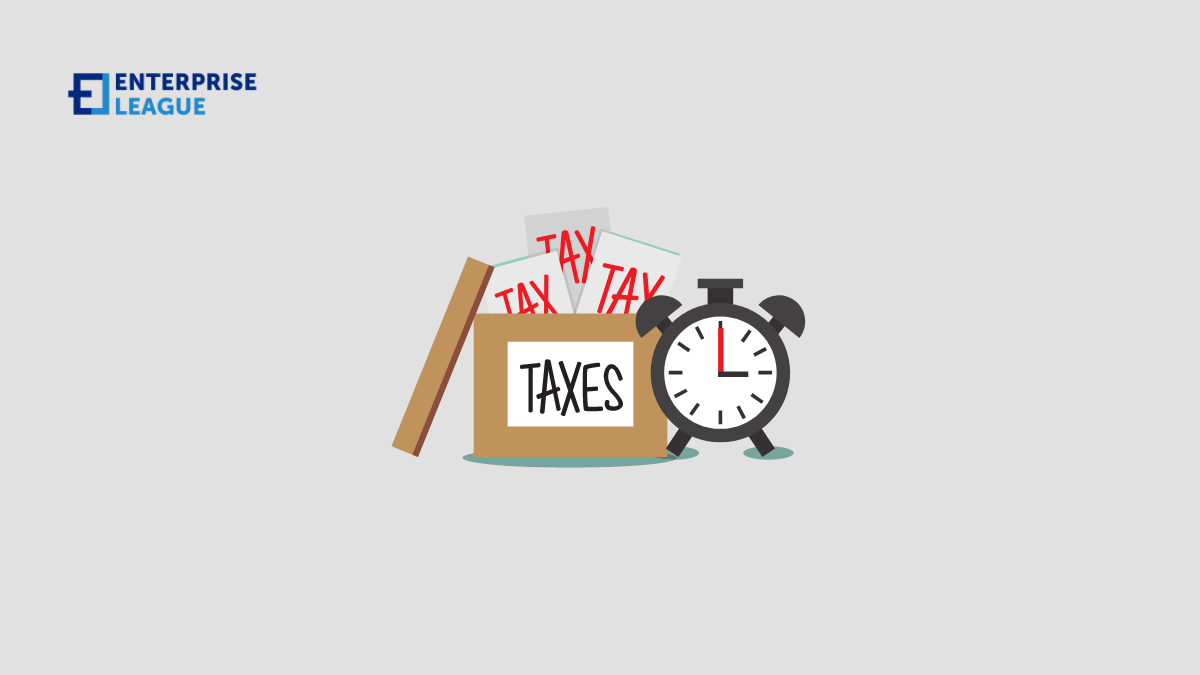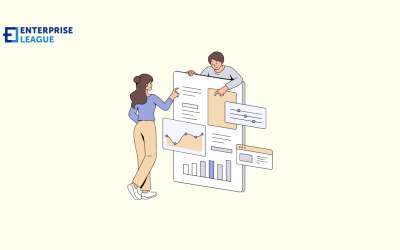Even if you can’t pay what you owe, submit your return on time, or apply for an extension if that’s impossible. The late filing penalty is 5% of the tax owing every month, up to a maximum of 25% of the sum. There is also an underpayment penalty of half a percent to one percent every month of the total outstanding, with a maximum penalty of 25%. If you do not submit your tax return or make any payments on your responsibility, your tax burden will swiftly rise.
The IRS will not ignore your tax debt
Before collecting your amount via enforcement tools, the IRS must notify you of your tax bill and deliver specific letters. IRS letters and notifications are slightly annoying in and of themselves, but ignoring them can lead to more severe consequences. After sending their notices, the IRS will put you in the automated collection program.
If you disregard the notification, your next destination will likely be the IRS Automated Collection System (ACS). The principal IRS function that collects back taxes is ACS. In addition, ACS has the authority to collect bank accounts and earnings and impose liens. If you fail to comply by the deadline, the warnings you get from ACS will begin to explain increasingly significant repercussions.
Will I get charged with penalties?
The IRS will also add interest to your tax bill. Interest accrues in direct proportion to the balance. 5% per year is the current rate. Your unpaid tax debt is subject to interest and an inability to pay the penalty from the IRS (0.5% per month). However, if you have received several reminders from the IRS to pay and haven’t made plans, the penalty rate rises to 1% each month.
When arranging a payment plan with the IRS, the penalty rate is reduced to 0.25% monthly if you establish a payment arrangement with the IRS. Therefore, the best practice is to contact the IRS to arrange a payment plan while you look for different options. Doing so will help you prevent higher interest charges.
The IRS could seize your assets or file for levies
The IRS has the right to “seize your assets.” The IRS, however, often just seizes cash. The IRS finds that taking and selling homes, yachts, and another property is a significant problem. In actuality, the IRS only seizes property a few hundred times a year.
Payroll levies, often known as wage garnishment, Your wages are deducted by the IRS to cover your tax obligation. The IRS will often seize the levy if you make a payment arrangement. For example, in the case of a business owner, the IRS seizes the money you have made as a small company owner or independent contractor through account receivable levies. In addition, the IRS will seize the levy if you enter a payment plan with them.
Individually, levies can be a significant burden and interrupt your capacity to pay your expenses. In addition, levies may be disastrous for businesses, as levies can make it hard to pay your staff and buy equipment and stock. As a result, you will encounter difficulties running your company under interrupted cash flow.
If the IRS has not collected your tax balance after a few years, the IRS can transfer your account over to a private debt collection agency. If your case is transferred here, you will get calls and inquiries from strangers, just as you would with other debt collection agencies. In summary, failing to pay can result in years of problems.
Get some help from the experts
If the tax debt is significant, the fresh start program of the IRS might help you get out of your burdening situation. However, there are complex qualifications that apply to this program.
Discover what to do if you cannot pay your taxes to prevent these repercussions. Alternatively, our tax professionals may assist you in determining which payment method or other solution is best for you.
More must-read stories from Enterprise League:
- 23 pricing strategies to help you with pricing your products.
- Don’t go in blind! Every bit of startup legal advice you must know.
- Find clients online by using these foolproof budget-friendly ways.
- The best novels for entrepreneurs will teach you much more than any business book will.
- Things to consider before deciding on a business location.
Related Articles
Scaling your data annotation efforts: A guide to efficient labeling
This guide highlights the critical role of a thought-out data labeling strategy, digs into workflow optimization and presents actionable steps for scaling up.
Top 26 sheet metal companies paving the way forward (2024)
The top 26 sheet metal companies with the smartest techniques of sheet metal fabrication. Find out what technologies they use and how are they shaping the path forward.
8 essential skills you need to run a successful business
We will go through the eight critical skills that entrepreneurs and business leaders need to master to establish flourishing and enduring businesses.
Scaling your data annotation efforts: A guide to efficient labeling
This guide highlights the critical role of a thought-out data labeling strategy, digs into workflow optimization and presents actionable steps for scaling up.
Top 26 sheet metal companies paving the way forward (2024)
The top 26 sheet metal companies with the smartest techniques of sheet metal fabrication. Find out what technologies they use and how are they shaping the path forward.






